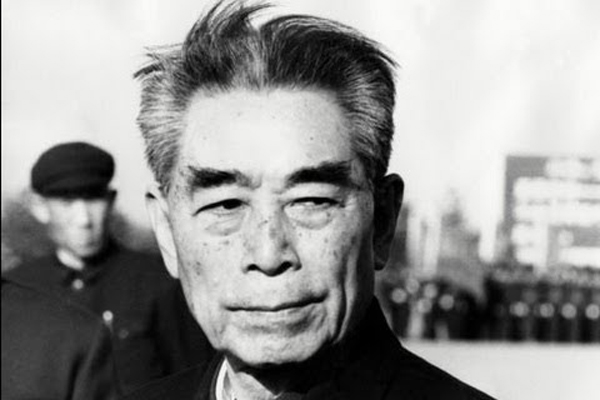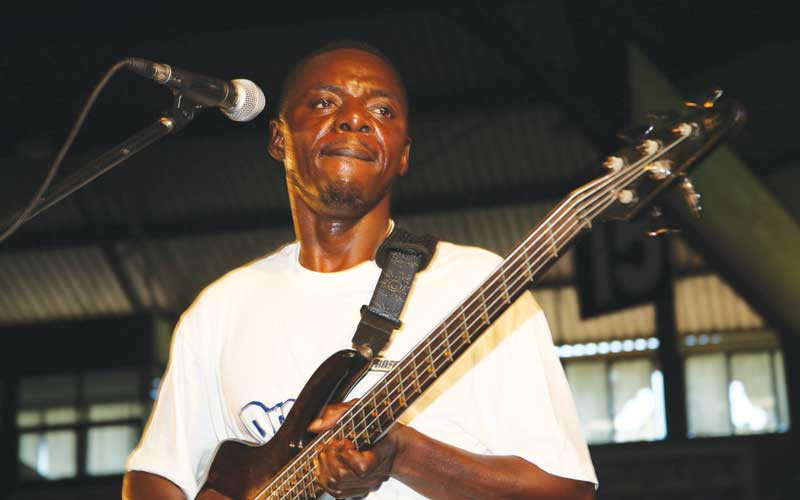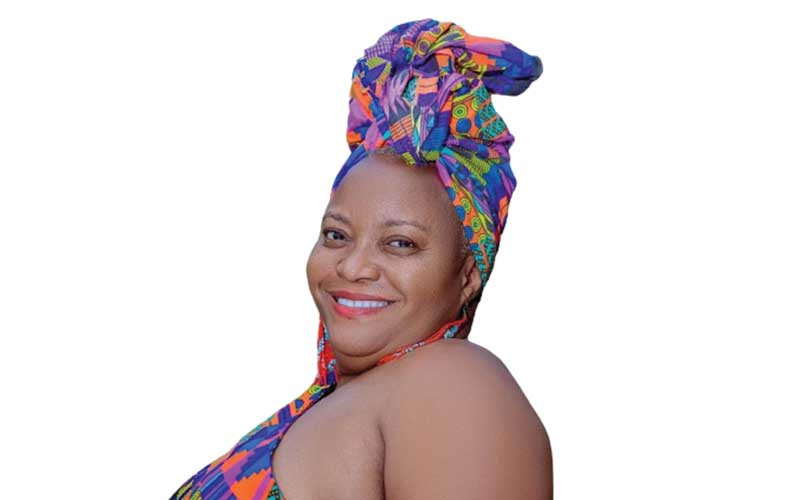
BEIJING—A book to be published in Hong Kong in the new year says Zhou Enlai, Communist China’s much-respected first Premier, was probably gay despite his long marriage, and had once been in love with a male schoolmate two years his junior. Reuters
It is a contention certain to be controversial in China, where the Communist Party likes to maintain its top leaders are more or less morally irreproachable and where homosexuality is frowned upon, though no longer officially repressed.
The Hong Kong-based author, Tsoi Wing-mui, is a former editor at a liberal political magazine there who has written about gay-themed subjects before though this is her first book.
She re-read already publicly available letters and diaries Zhou and his wife, Deng Yingchao, wrote, including ones that detailed Zhou’s fondness for a schoolmate and emotional detachment from his wife, to conclude that Zhou was probably gay.
Zhou was premier from the revolution in October 1949 that brought the Communist Party to power until his death from cancer in 1976, a few months before the death of his revolutionary colleague Mao Zedong, the founder of modern China.
Reuters obtained excerpts of the Chinese-language book, called The Secret Emotional Life of Zhou Enlai. It is published by the same house that put out the secret diaries of former Communist Party chief Zhao Ziyang, who was ousted after 1989’s Tiananmen Square crackdown on pro-democracy demonstrators.
“Zhou Enlai was a gay politician who had the misfortune of being born 100 years early,” Tsoi writes in her book.
She told Reuters the real meaning of the diaries had been hidden in plain sight, but no Chinese scholars had openly made the connection before as the subject of homosexuality was unknown to them.
- Chamisa under fire over US$120K donation
- Mavhunga puts DeMbare into Chibuku quarterfinals
- Pension funds bet on Cabora Bassa oilfields
- Councils defy govt fire tender directive
Keep Reading
“When mainland Chinese authors came into contact with this material, they would not consider the possibility of homosexuality,” she said.
It is not illegal to be gay in China and these days many large Chinese cities have thriving gay scenes, although there is still a lot of family pressure to get married and have children, even for gay men and women.
Zhou wrote in his diary that he could not live one day without Li, the author says in the book, and being with Li can “turn sorrow into joy”.











